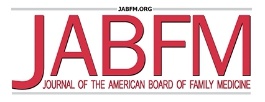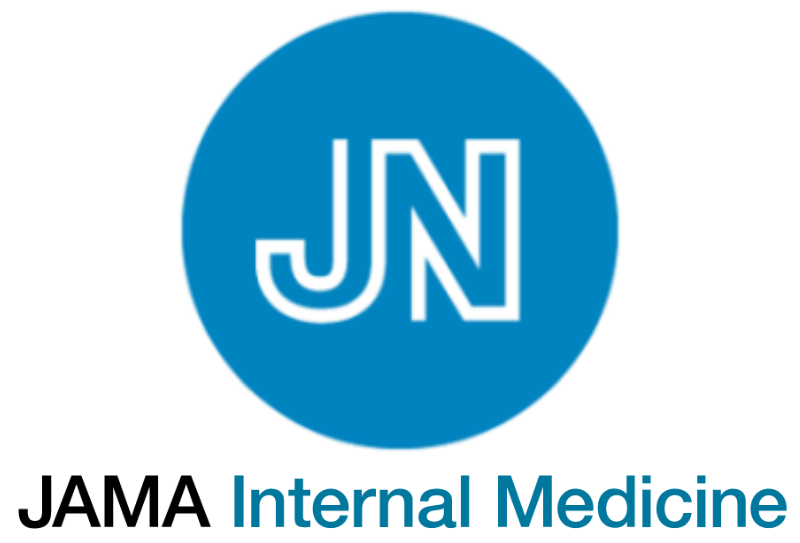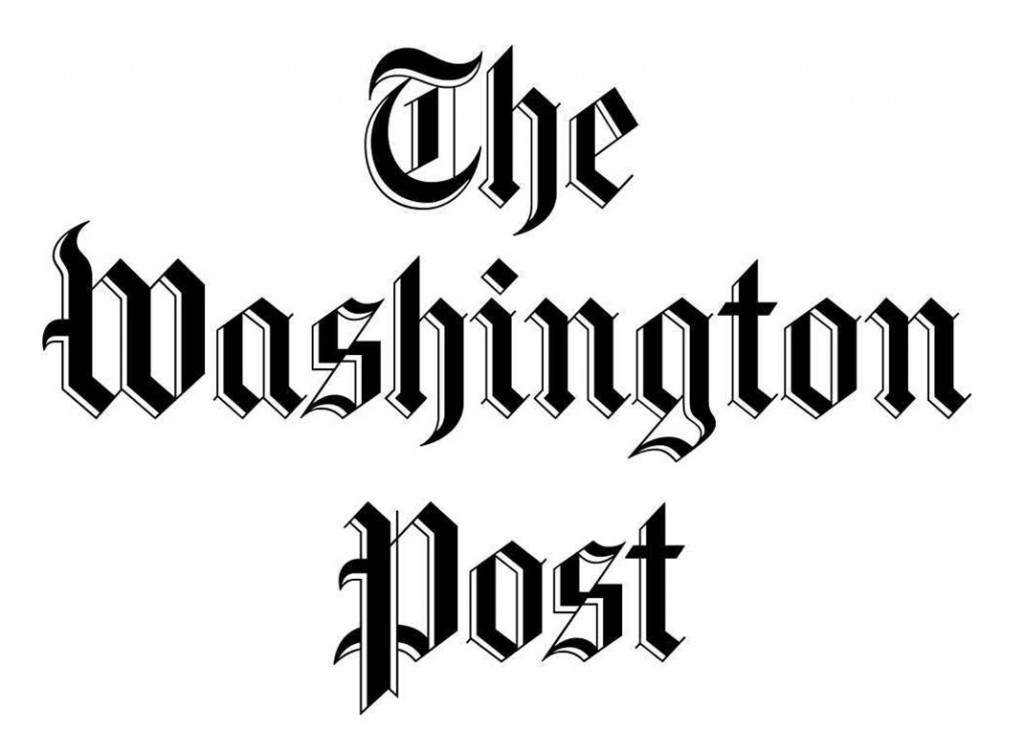

Recording Available: Virtual V-BID Summit 2021 - 20 Years of Impact & Innovation


Millions More Smokers, Ex-Smokers Recommended For Free Annual Lung Cancer Screenings


Financial Pollution in the U.S. Health Care System

Out-of-Pocket Spending for Retail Prescribed Drugs by Age and Type of Prescription Drug Coverage, 2009 to 2018

Why Nearly Everyone Hates Cost-Sharing

Monthly Cost-Sharing Doubles Throughout the Year for Some Medicare Insulin Users

Uptake of Statin Guidelines to Prevent and Treat Cardiovascular Disease

Responding to Health-Improving but Cost-Ineffective Care
In contrast to no-value care, low-value care may improve the health of those receiving it, but it also reduces the benefits of health care spending to below what is achievable through other investments. A new theory-based approach suggests that reducing the quantity of heath-improving but cost-ineffective care should be the final step in the process of reducing health spending.

Avoiding a Crisis with High-Deductible Insurance Plans: A Teachable Moment


Expanding Health Coverage Is Good - But We Also Need to Fix Stingy Plans


Timeline: 20 Years of Impact - V-BID Policy Achievements
To celebrate the 20th anniversary of the first V-BID publication, we have highlighted key V-BID policy developments over the last two decades. Click here to scroll through the timeline and learn how V-BID policies have improved quality, enhanced patient experience, and promoted cost-containment over the past two decades.
Please Help Support the V-BID Center
As a non-profit entity, the V-BID Center relies on fundraising to support our research, education, and policy efforts. Please help us continue our work by donating here. We truly appreciate your consideration.


